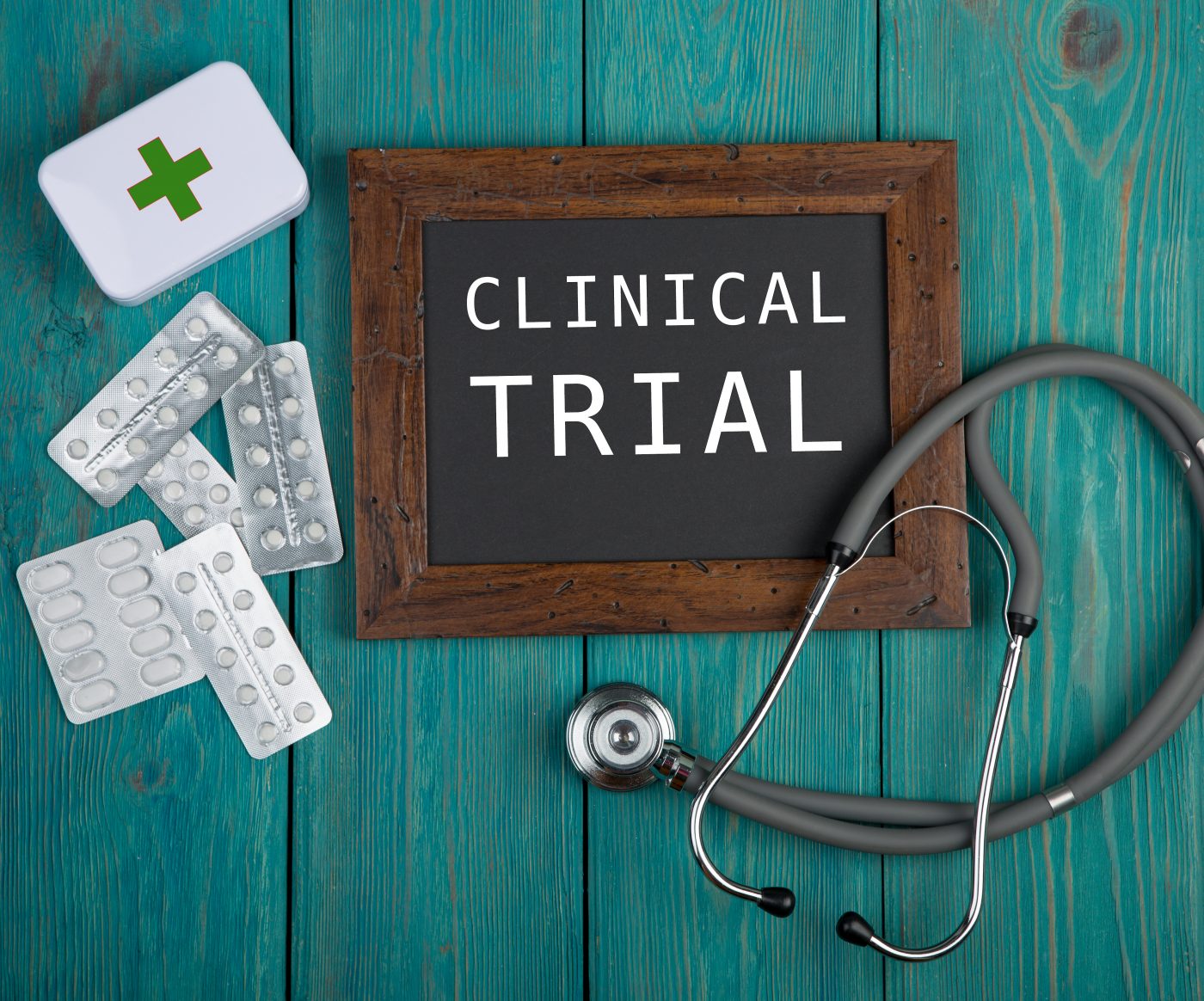Dosing Begins in Phase 2 Trial Testing Oral Therapy BBP-418 for LGMD2i
Written by |

The first patient has been dosed in a Phase 2 trial testing BBP-418, a potential first oral disease-modifying therapy for limb-girdle muscular dystrophy type 2i (LGMD2i).
BBP-418 is a small molecule that delivers a prodrug — a precursor molecule — which, once inside the body, will change into the sugar component of alpha-dystroglycan. The lack of a working alpha-dystroglycan causes muscle cells of LGMD2i patients to lose their structure, leading to muscle weakness and disability.
Also called ribitol and developed by ML Bio Solutions, a subsidiary of BridgeBio Pharma, BBP-418 has the potential to improve muscle strength and function, according to the companies. In a mouse model of severe LGMD2i, treatment with BBP-418 restored the levels of working alpha-dystroglycan in skeletal, cardiac (heart), and diaphragm muscles. The potential therapy also improved lung and physical function, and eased scarring.
Up to 16 patients with a genetically confirmed diagnosis of LGMD2i will be enrolled in the Phase 2 trial, ML Bio Solutions said in a press release.
The study will assess the therapy’s safety and effectiveness, as measured by changes in the levels of the working version of alpha-dystroglycan. It also will evaluate changes in functional parameters, including the 10-meter walk test and the North Star Assessment for Dysferlinopathy, a 54-point scale assessing motor abilities.
“The start of our Phase 2 trial is a key milestone in our effort to develop a safe and efficacious therapy for patients with LGMD2i who lack treatment options,” said Douglas Sproule, MD, chief medical officer of ML Bio Solutions.
This Phase 2 study follows the launch of a Phase 1 trial of BBP-418 in healthy volunteers. That trial was designed to assess the treatment’s safety, tolerability, and pharmacokinetics — its movement into, through, and out of the body — in single and multiple doses.
In its research efforts in LGMD, the company is partnering with the GRASP-LGMD consortium based at Virginia Commonwealth University. GRASP-LGMD gathers an international group of neuromuscular disease specialists, scientists, and patient advocates focused on advancing LGMD research and treatment.
A natural history study (NCT04202627) is ongoing at 11 sites across the U.S. and one in Denmark. Now enrolling up to 80 LGMD2i patients, this study was designed to cull further information on the disease’s natural course. It also will assess possible outcome measures for clinical trials, and identify potential disease biomarkers.
“This [Phase 2] trial launch is an outgrowth of our strong partnership with the GRASP-LGMD consortium based at Virginia Commonwealth University, where we are currently enrolling a lead-in study to define LGMD2i-specific biomarkers and functional endpoints [goals],” Sproule said.
“Our hope is that the ongoing lead-in study, together with early data from our Phase 2 trial, will hasten the successful execution of a future registrational trial and ultimately advance a meaningful medicine for patients in need,” he said.
LGMD is divided into two groups, LGMD1 and LGMD2, based on the disorder’s inheritance pattern. LGMD1 is inherited in an autosomal dominant manner, meaning that only one copy of the faulty gene is enough for the disease to appear.
The GRASP-LGMD consortium also is eager to further research into the disorder.
“We are pleased to continue our collaboration with ML Bio Solutions on the lead-in study that is currently enrolling and look forward to further extending it by launching the first-in-patient treatment study for BBP-418,” said Nicholas Johnson MD, a professor of neurology at Virginia Commonwealth and the director of GRASP-LGMD.
“Our clinical partnership is seeking to validate the biomarker assays and establish the registrational clinical outcome measures that are needed to bring BBP-418 to LGMD2i patients,” Johnson said.
BBP-418 has been granted orphan drug designation by the U.S. Food and Drug Administration for the treatment of LGMD2i. It also was awarded that orphan drug status for LGMD by the European Medicines Agency. This designation encourages the development of therapies for rare and serious diseases, through benefits such as years of market exclusivity and regulatory support.




